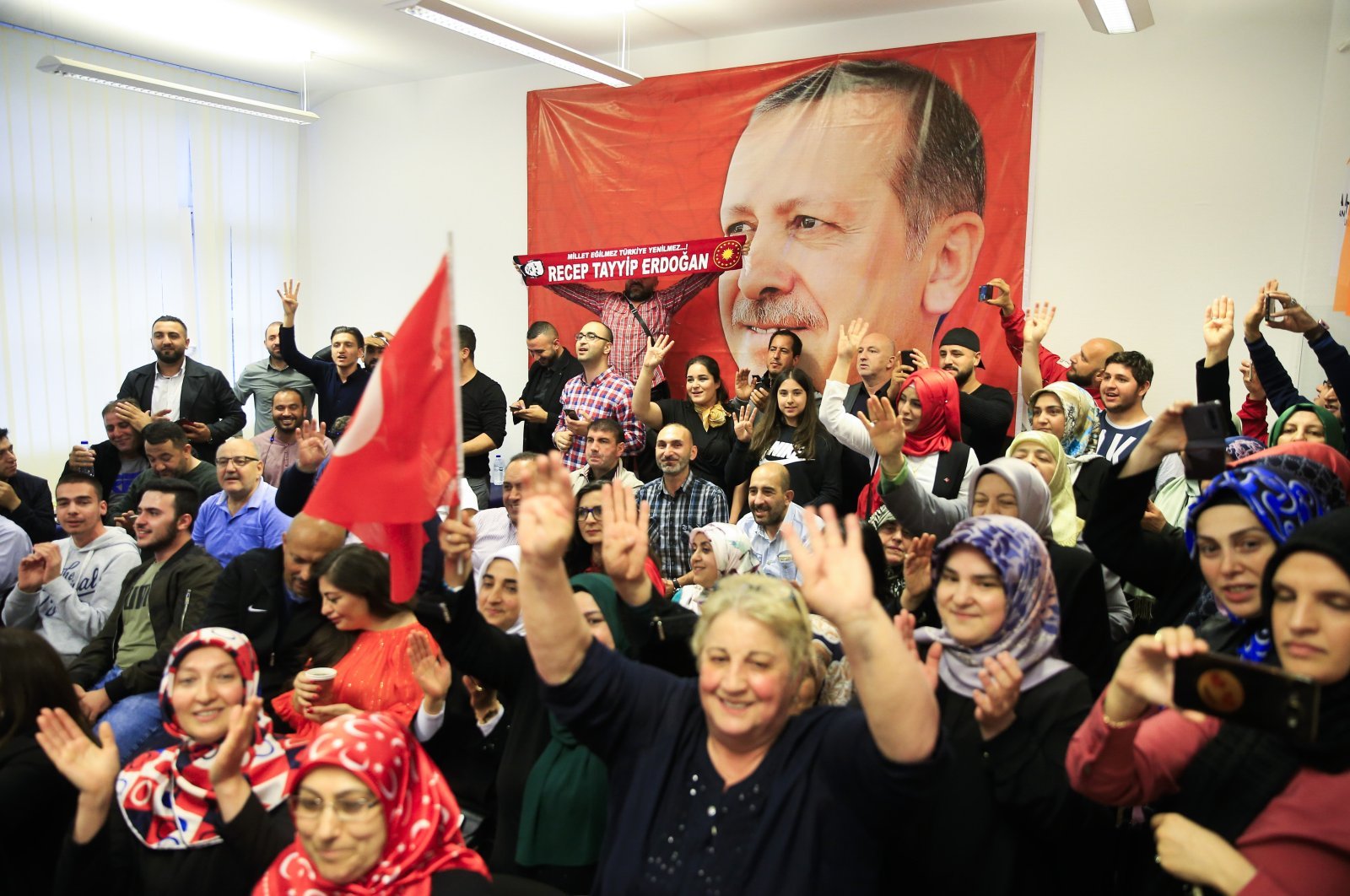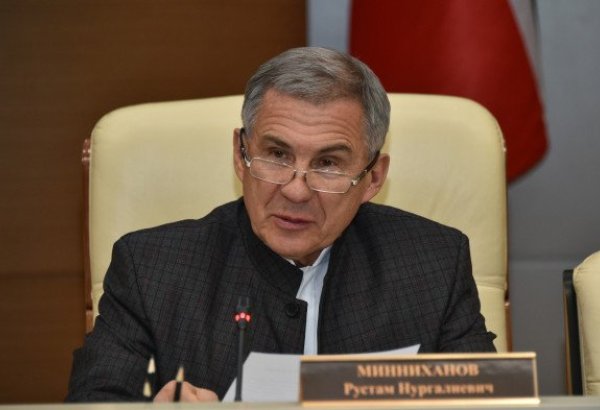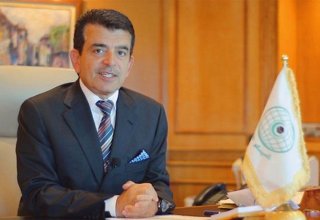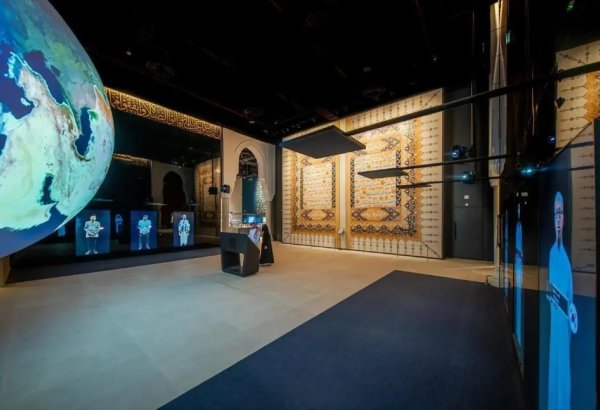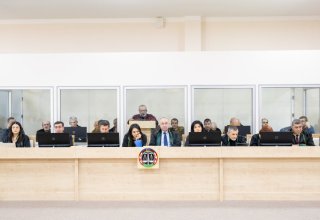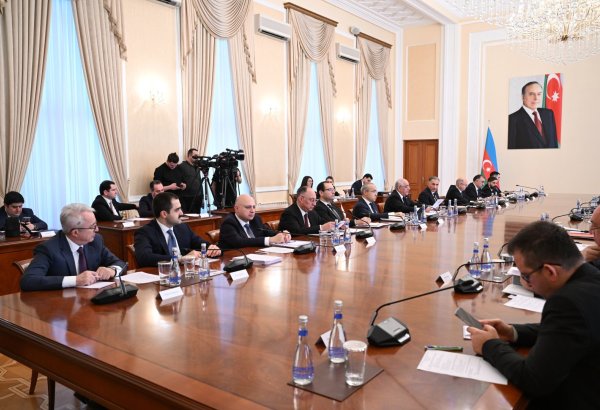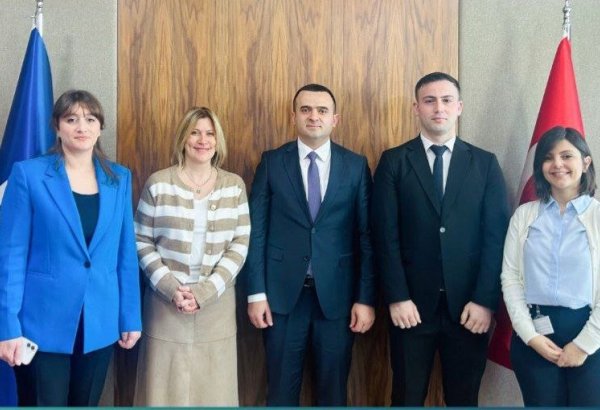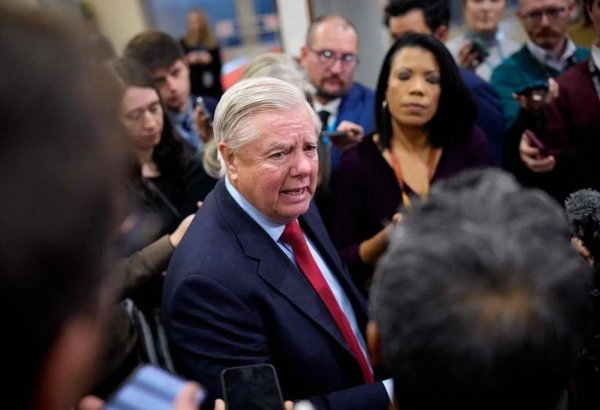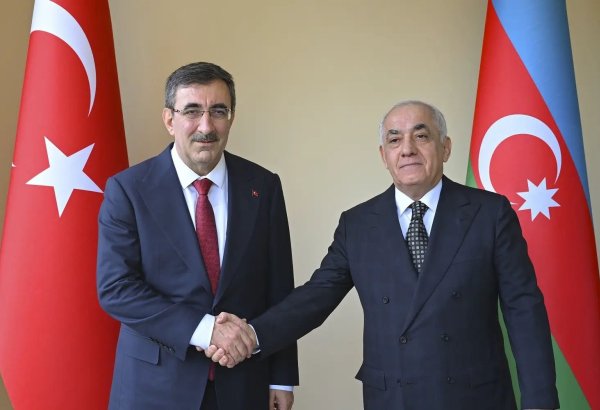Germany's Justice minister believes there is “a limit to freedom of expression” as he urged fellow Cabinet members to take action against planned election rallies by Türkiye’s ruling Justice and Development Party (AK Party). However, Germany has also been unkind to the party, banning its demonstrations while openly allowing events by the opposition Republican People’s Party (CHP) and supporters of the terrorist group PKK, TurkicWorld reports with the reference to Daily Sabah.
Marco Buschmann voiced concerns about an “intensive campaign by supporters of the Turkish President” to Interior Minister Nancy Faeser and Foreign Minister Annalena Baerbock in a letter reported by the German media. He cited claims of “limits of freedom of expression” being exceeded in the past, noting a speech in Germany by an AK Party lawmaker in Germany’s Neuss. Mustafa Açıkgöz had simply reiterated Türkiye’s determination to eradicate terrorist groups, including the PKK and Gülenist Terror Group (FETÖ) in his speech, referring to both groups’ presence in Germany. Açıkgöz’s statement prompted a crisis between the two countries and was deemed as “hate speech” by officials in Germany, which also recognizes the PKK as a terrorist group. Buschmann called fellow ministers to ensure the enforcement of laws overseeing the assemblies of political groups ahead of Turkish elections and “clearly tell Türkiye” that they would not tolerate exceeding the limits of freedom of expression.
AK Party’s fervent election rallies have drawn the ire of Germany in the past, which went as far as amending assembly laws in 2017 solely to prevent AK Party campaigns in the future. The amendment bans election rallies toward residents of Germany hailing from another country at least three months before the election.
Germany joined the Netherlands and Austria in 2018 by banning political rallies by Turkish politicians ahead of a presidential election won by incumbent President Recep Tayyip Erdoğan.
Also, during the constitutional reform referendum campaign in 2017, Ankara sharply condemned such obstructions by European countries, comparing them to the practices of fascist regimes during World War II and accused these governments of taking sides in Türkiye’s referendum by favoring the “no” campaign. The “no” campaign meetings did not face any obstructions, as various German politicians and media outlets openly declared their support for the “no” camp. Throughout the campaign, Erdoğan and the AK Party were criticized by European media outlets at an unprecedented rate, using derogatory rhetoric. This led to a bitter war of words between Turkish and German officials.








